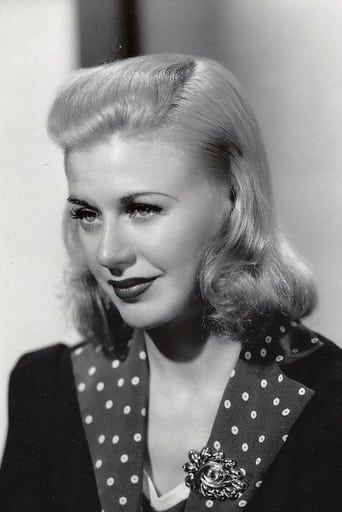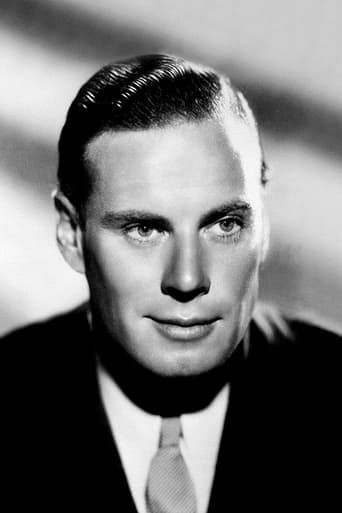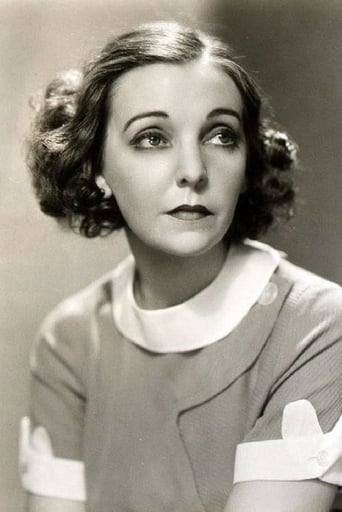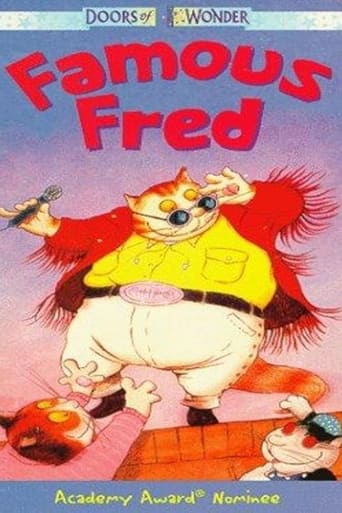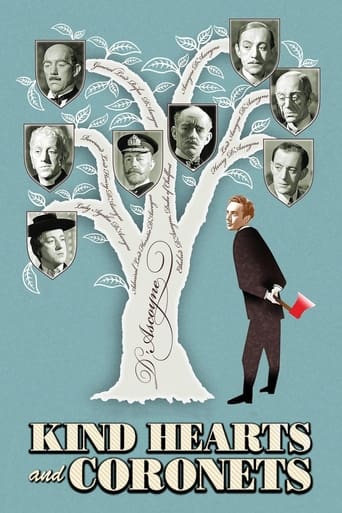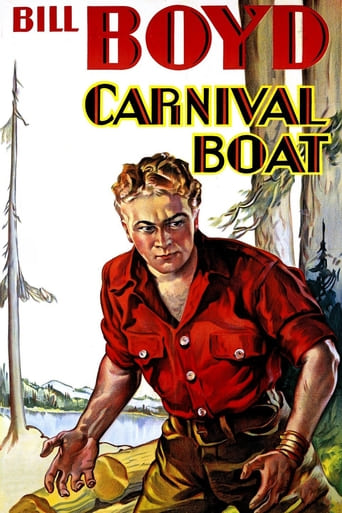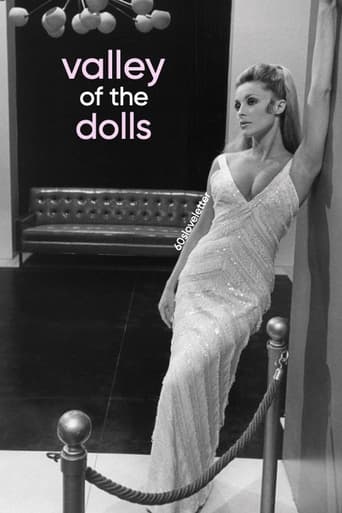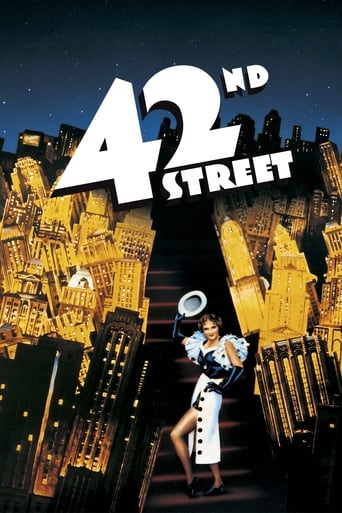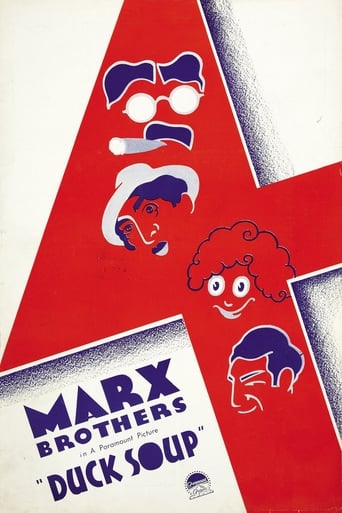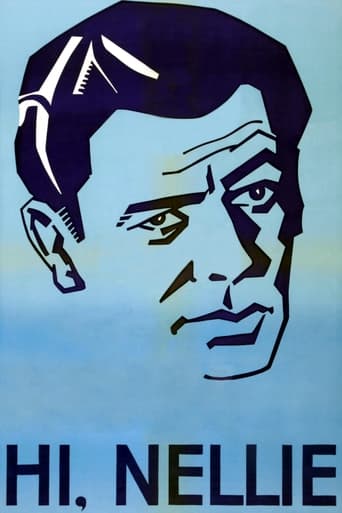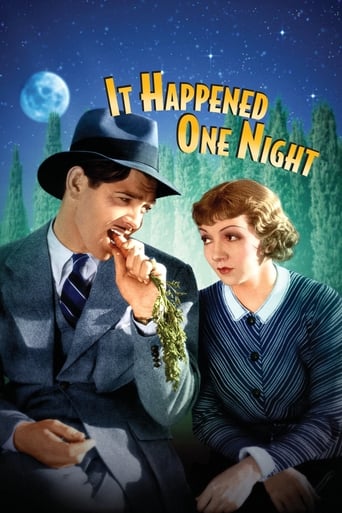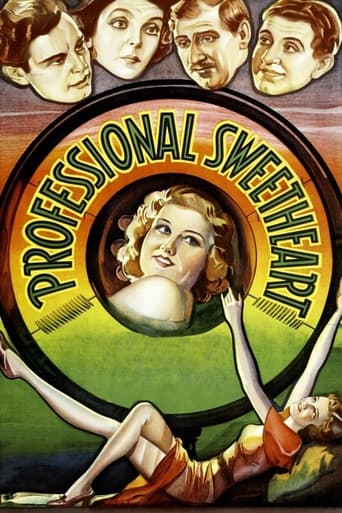
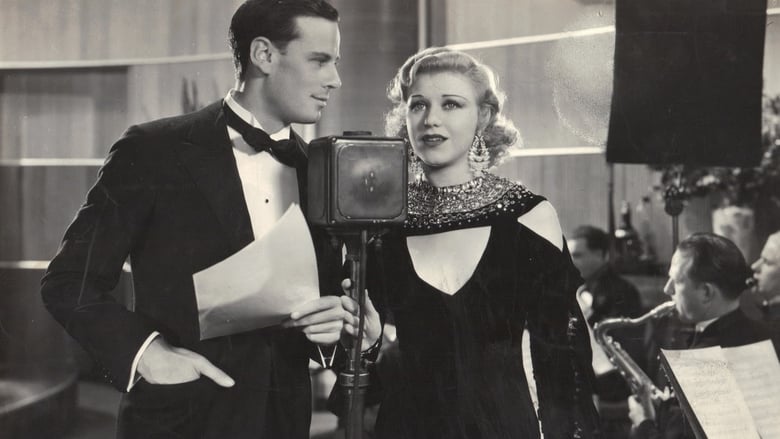
Professional Sweetheart (1933)
Radio singer Glory Eden is publicized as the ideal of American womanhood in order to sell the sponsor's product Ippsie-Wippsie Washcloths. In reality, Glory would like to at least sample booze, jazz, gambling, and men. When the strain of representing "purity" brings her to rebellion, the sponsor and his nutty henchmen pick her a public-relations "sweetheart" from fan mail, who turns out to be a hayseed.
Watch Trailer
Cast


Similar titles
Reviews
The Age of Commercialism
Beautiful, moving film.
A waste of 90 minutes of my life
I cannot think of one single thing that I would change about this film. The acting is incomparable, the directing deft, and the writing poignantly brilliant.
I'd been looking forward to this RKO programmer because it's by Maurine Watkins, a pretty smart writer who also was responsible for the play "Chicago," which became the movie "Roxie Hart," then the musical "Chicago." So she clearly knows about the value of publicity and the hypocritical nature of advertising and sponsorship. But those satirical targets are swiped at very broadly in this one, which keeps parading the name of the sponsor--Ippsie Wippsie--as if it were in itself hilarious. They're sponsoring a singing sweetheart, a dubbed Ginger Rogers, who personifies wholesome values and, predictably, is really the opposite of those values. I find Ginger's outbursts and shifts of mood unpersuasive and a little tedious, and she's surrounded by a supporting cast of Warners and RKO players who do what they always do--a simpering ZaSu Pitts, genial Frank McHugh, Brooklyn-streetwise Allen Jenkins, sputtering-in-a-foreign-accent Gregory Ratoff, swishy Franklin Pangborn, etc. Her leading man, Norman Foster, as a Kentucky farm boy who successfully woos her, is no great shakes, and Ms. Watkins also asks us to believe that a short time with him in the mountains would turn Ginger from a grasping spoiled brat who can't cook into a darling, kitchen-trained little wifey. The plot reversals are quick and unconvincing, and the bashing of the advertising industry is positively sledgehammer.
I saw this with another RKO Ginger Rogers film from the same year.Even though these are targeted as light entertainment, I am amazed at how fresh they feel and how experimental the structure is.That lightness is often attributed to the lack of the Hayes Code, which lowered its dark curtain the following year. Its clear in retrospect that this was a bad thing, that it wounded an entire society, and would have destroyed it altogether had we not encountered a similar more obvious evil. And went to war.But how does one know what is right around the corner? How does one celebrate the freedoms that are about to be taken away? Its a haunting thing in the background of this, as part of the joke is that this perfect man is "the purest of Anglo-Saxons." Another part of the joke is that sweetness, goodness and happiness is contrasted with black jive, sex and Harlem, all of which are "fun."The structure of the thing is pretty sophisticated. Many films from these four years 1930- 33 were similarly adventuresome in their structure. Its a show about sex and domestic values within which is a show (a radio show) about sex and domestic values. (The domestic hook is literally a dishrag.) Around this show are a collection of nattering men trying to engineer romance and predictably failing. If you study the narrative structure of date movies, you'll be familiar with tricks about how to reflect the viewer in the story. Its rather novel and somewhat perfect here.Ted's Evaluation -- 3 of 3: Worth watching.
"Professional Sweetheart" was Ginger Rogers' first film for RKO studios after she left Warner Bros., and with Allen Jenkins and Frank McHugh in the supporting cast it almost seems like a Warners film in exile. It's a marvelous movie, smart and funny, with a script by "Chicago" author Maurine Watkins that, though it isn't a crime story, takes up another of Watkins' favorite themes: media manipulation and the gap between what we're told about celebrities and what they're really like. In "The Fred Astaire and Ginger Rogers Book," Arlene Croce wrote, "Almost any Ginger Rogers role is successful to the degree that it reflects the dualism in her personality (tough-vulnerable, ingenuous-calculating) or plays on her curious aptitude for mimickry or fantasy or imposture." Croce was writing about the major roles of her post-Astaire career "Bachelor Mother," "Tom, Dick and Harry," "The Major and the Minor" but it applies here just as well; by casting Rogers as a wise-cracking hard-bitten orphan girl forced to pose as the "Purity Girl," and having two radio sponsors and a husband (from an arranged marriage!) all with their own ideas of what they want from her, "Professional Sweetheart" gives Rogers an early showcase for the characteristics that would have made her an enormous star even if she'd never set foot on a dance floor with Fred Astaire. I can't understand why some of the other commentators on this film have criticized Watkins' script, since it seems to me to be well constructed and vividly satirical on celebrity and its discontents in a way that rings true even today.Another thing I liked about "Professional Sweetheart" is that it's one of the Gayest movies Hollywood ever made so much so that I can't understand why TCM isn't showing it in their current "Screened Out" festival of Gay and Lesbian films when some other titles with much more peripheral Gay content did make their list. The supporting actors seem to be competing as to who can be the queeniest, with Franklin Pangborn (not surprisingly) winning: his looks of horror and disgust when any of the other characters suggests that he date a woman are priceless. Also pretty astonishing, even for the relatively liberal "pre-Code" era in Hollywood history, is Sterling Holloway's obviously cruising Allen Jenkins at the reporters' reception imagine a Gay scene involving Jenkins in which he's the butch one!
Despite this film having one of the more amazing groups of character actors for support, this is truly an awful film. It just goes to show you that no matter what talent you have assembled, it means nothing if the writing is bad--and boy, is it BAD! Even the combined supporting talents of Frank McHugh, Allen Jenkins, Akim Tamiroff, Franklin Pangborn, Edgar Kennedy, Sterling Holloway and others couldn't help Ginger Rogers elevate this mess to even mediocrity. The bottom line is the basic plot isn't at all believable and the dialog isn't any better. Normally when I watch older films, I am able to suspend disbelief and just enjoy, but this time it was a major chore not to just turn the movie off about midway through it! Ginger plays a radio star who is portrayed as so saccharine that it's impossible to believe that the public could stand her, though according to the film she's America's Sweetheart! Well, Ginger rebels against this as well, but her answer is to hang out in nightclubs and get drunk AND have sex (it's a "Pre-Code" film, so this sort of subject was NOT taboo in 1933). It's all very broadly acted and written and is supposed to be a sort of screwball comedy--the problem is that none of it is funny. What happens next and how everyone becomes happy in the end isn't really anything I want to discuss--I just want to never see this film again. It's a good thing Ms. Rogers had the Fred Astaire films to boost her career--if it was up to drivel like this, she never would have become famous!


